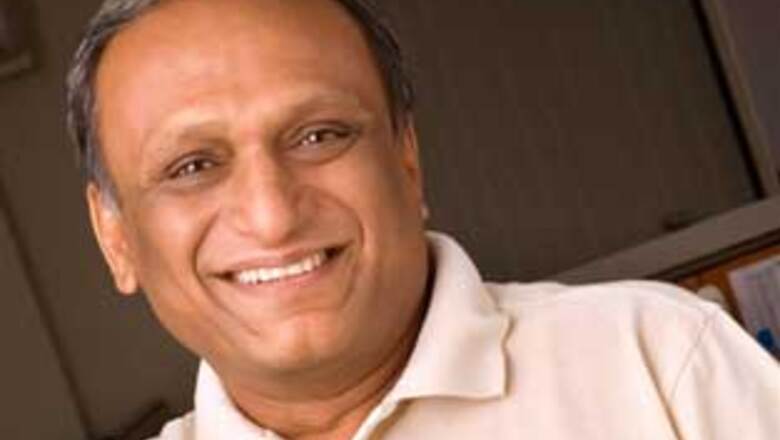
views
I am at it again…making pre-budget wishlist for this year's budget.
Given the background behind the forthcoming budget and realizing that the Finance Minister has little to give away by way of financial sops, I am going to be a little circumspect about my wishlist from this budget.
The biggest expectation is about the revised Direct Tax code that he is expected to unveil during (or just after) the budget. These will off course be effective only from the next financial year. Some of the changes that have been universally demanded are
- The normative rental income norms for owned properties defining the assumed incomes based on market value from year to year.
- Re-introduction of deduction for interest payable on a loan taken to acquire a self-occupied property
- And on the corporate side among the plethora of provisions that are likely to have an adverse impact on the corporate sector the demand for removal of the MAT based on asset values has the highest ratings.
I do not seriously expect any changes in tax laws for the current year given that the implementation of the Direct Tax code is just a year away.
It is in the area of non-tax side that we can perhaps expect some action. The passing of the necessary laws to appoint a real estate regulator may be commented on or given a phillip in the budget.
I would look forward to subsidized home loans, especially for the first time buyers of low value flats costing up to Rs. 10 lakhs and within specified sizes. This scheme should clearly be targeted at those who are currently staying in slums in inhuman conditions. The scheme needs to be run through commercial banks and specialized lenders. Given the current environment, it is possible that the developers might see a big business opportunity in the area and we may finally see some action on the truly affordable homes meant for the lower middle classes who are the backbone of any economy.
A subsidized health care policy is recommended where the government should negotiate with the non-life companies for a universal micro health care policy (say for an amount of Rs. 25,000) and then subsidize it (it should not be completely free) and distribute it widely through post offices and NGOs. There needs to be innovation on the premium payment options since a lump sum yearly payment is unlikely to work for the targeted population. Several pilot experiments on such policies have already been successful at the state level and it is about time that this is universalized across the country. Additional covers can also be negotiated by the government on behalf of the citizens who can buy them (and fully pay for them) on a voluntary basis over and above the base policy. The overall limits should be such that it is only the absolutely poor and the lower middle class that will opt for such covers. As this will give the consumers choices other than the poorly run government hospitals the health care industry will be spread more widely.
If the government finally implements its promise to set up the Education Guarantee fund it will be a step in the right direction for the education sector and the future well being of India. Also the Finance Minister had promised to set up an Education Re-finance Corporation from part of the “education cess” that all of us pay. That promise is languishing for the last 3 years. The promise needs some action now.
But only if wishes were horses….
(Harsh Roongta is CEO, Apna Paisa, a search comparison engine for loans, insurance and investments. He can be reached at [email protected]. )


















Comments
0 comment